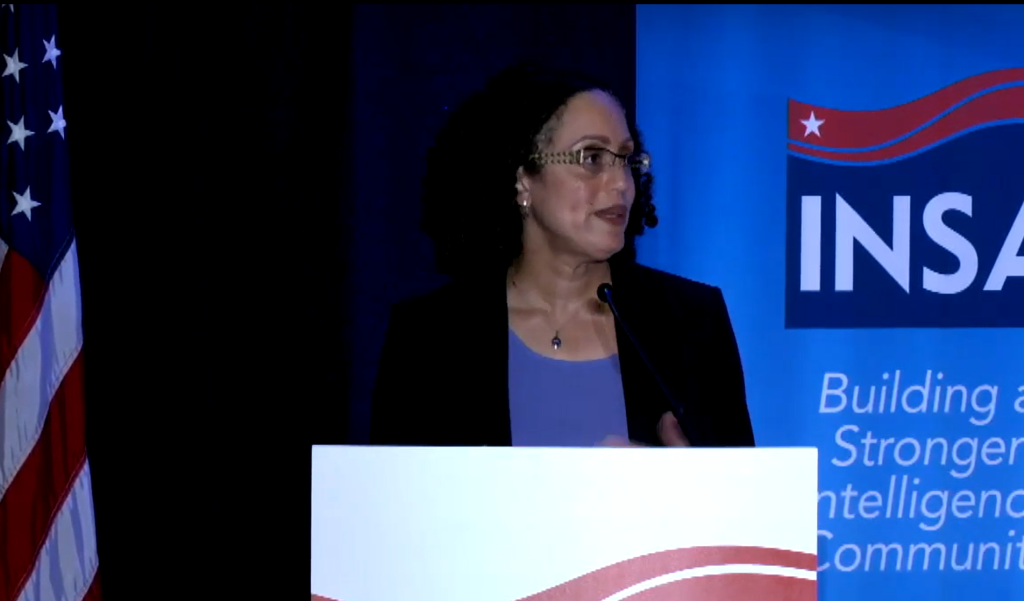Office of National Intelligence Adopting AI for Data Processing
Terrorist and bad actor threats are spurring government adoption of AI.
Teralyn Whipple

WASHINGTON, August 7, 2023 – The Office of the Director of National Intelligence is adopting artificial intelligence for data processing, said the Principal Deputy Director of National Intelligence Stacy Dixon at an Intelligence and National Security Alliance discussion Thursday.
“We are excited for the technology and where it can take us,” she said, but warned that because the technology is so widespread, the barriers to entry are lower, and adversaries have better access to more harmful technologies.
Non state actors and terrorists have no business with AI, claimed Dixon. But unfortunately, the threat is out there, and we have to protect our democratic ideals, she said. For this reason, the ODNI is implementing AI to stay ahead of bad actors.
Dixon said the agency will work to implement AI in a “incrementally” and in a “smart way” to improve cooperation and trust between the private and public sectors. For the ODNI, the first step in AI implementation is making sure is data is ready for AI and establishing the workforce that understands the data and how to write the necessary algorithms, said Dixon.
The ODNI is an independent agency established by Congress in 2004 to assist the director of national intelligence, a cabinet-level government official. The ODNI’s goal is to integrate foreign, military and domestic intelligence in defense of the United States and its interests abroad.
According to Dixon, the agency is already using AI in some automation use cases, but it is not as widespread as it needs to be to enable better efficiency in the agency and stay ahead of adversaries. It is important to think of the agency as a data organization rather than simply intelligence, she said.
The agency is building civil liberty protections into the AI models while simultaneously increasing AI use internally, Dixon added.
Other federal agencies are evaluating how artificial intelligence can be implemented to improve internal processes. The Federal Communications Commission joined with the National Science Foundation to discuss how AI can be used to improve dynamic spectrum sharing, protect against harmful robocalls and improve the national broadband map in July.
In July, the House Energy and Commerce Committee passed a bill to the House floor that directs the National Telecommunications and Information Administration to conduct a study on accountability measures for artificial intelligence.










Member discussion